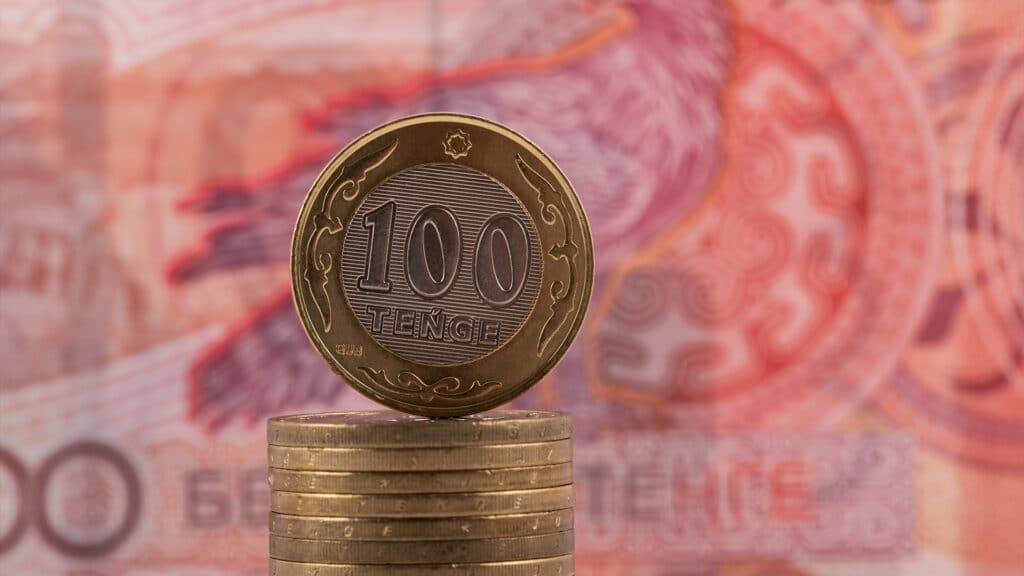Will Trump-Putin talks shake up Kazakhstan’s currency?

Kazakhstan’s Ministry of National Economy sees no reason for further weakening of the tenge, stating that an exchange rate of 500 tenge per U.S. dollar is fundamentally sound, according to Arman Kassenov, vice minister of national economy. He made the remarks to reporters on the sidelines of the Senate, the upper house of Kazakhstan’s parliament.
«In terms of fundamental factors, we see no grounds for devaluation. We believe that the current exchange rate is fundamentally sound,» Kassenov said.
However, he cautioned that this assessment applies only to present conditions, as the national currency could still fluctuate in response to changes in oil prices.
«There’s a clear correlation between oil prices and the exchange rates of currencies like the tenge and the ruble. Even the Canadian dollar is influenced by oil prices, which is normal; otherwise, arbitrage opportunities would arise. But at current oil prices, we see no factors that would cause the tenge’s exchange rate to weaken,» he explained.
Kassenov added that the tenge’s value is also shaped by Kazakhstan’s balance of payments, export commodity prices, inflation and interest rates.
When asked about the potential impact of talks between U.S. President Donald Trump and Russian President Vladimir Putin on the tenge, Kassenov declined to speculate but pointed to sanctions as a key factor, noting that they have contributed to the exchange rate reaching 530 tenge per dollar.
«As for the potential talks between Trump and Putin, such a meeting has yet to occur, making it difficult to assess its possible impact. However, I can address the influence of sanctions. Announcements of sanctions often trigger irrational fluctuations in the ruble-dollar exchange rate. We’ve seen this happen repeatedly, but even in Russia, these irrational movements are typically short-lived, with the rate returning to its fundamental value,» he said.
The official mentioned that at one point, the dollar in Russia was worth less than 100 rubles, then rose to 120 rubles and has since returned to a more stable level. Today, the dollar is trading at 89 rubles on Forex.
«The same thing happened in Kazakhstan when sanctions were imposed on Gazprombank. Following developments in Russia, the tenge initially reacted but later stabilized at the fundamental levels seen today,» the vice minister said.
Kassenov explained that when sanctions are announced, public reaction can temporarily disrupt supply and demand in the currency market, impacting exchange rates. However, these effects are typically short-lived.
For this reason, Kassenov believes it is more accurate to describe the current situation in the foreign exchange market not as a strengthening of the tenge but as a return to fundamental values after the dollar’s «emotional» surge in November 2024.
«I would not call it strengthening. We started 2024 at around 465 tenge per dollar, with the exchange rate even strengthening to 440 at one point. Timur Suleimenov, governor of the National Bank, highlighted that summer transfers from the National Fund contributed to the tenge’s temporary strengthening. However, when those transfers stopped, the tenge returned to its fundamental levels, which are currently around 500 tenge per dollar. The dollar’s rise to approximately 530 was not driven by fundamental factors but rather by an emotional reaction to the introduction of sanctions,» Kassenov said.
At the time of publication, the dollar was trading at 499.15 tenge on the Kazakhstan Stock Exchange (KASE).

